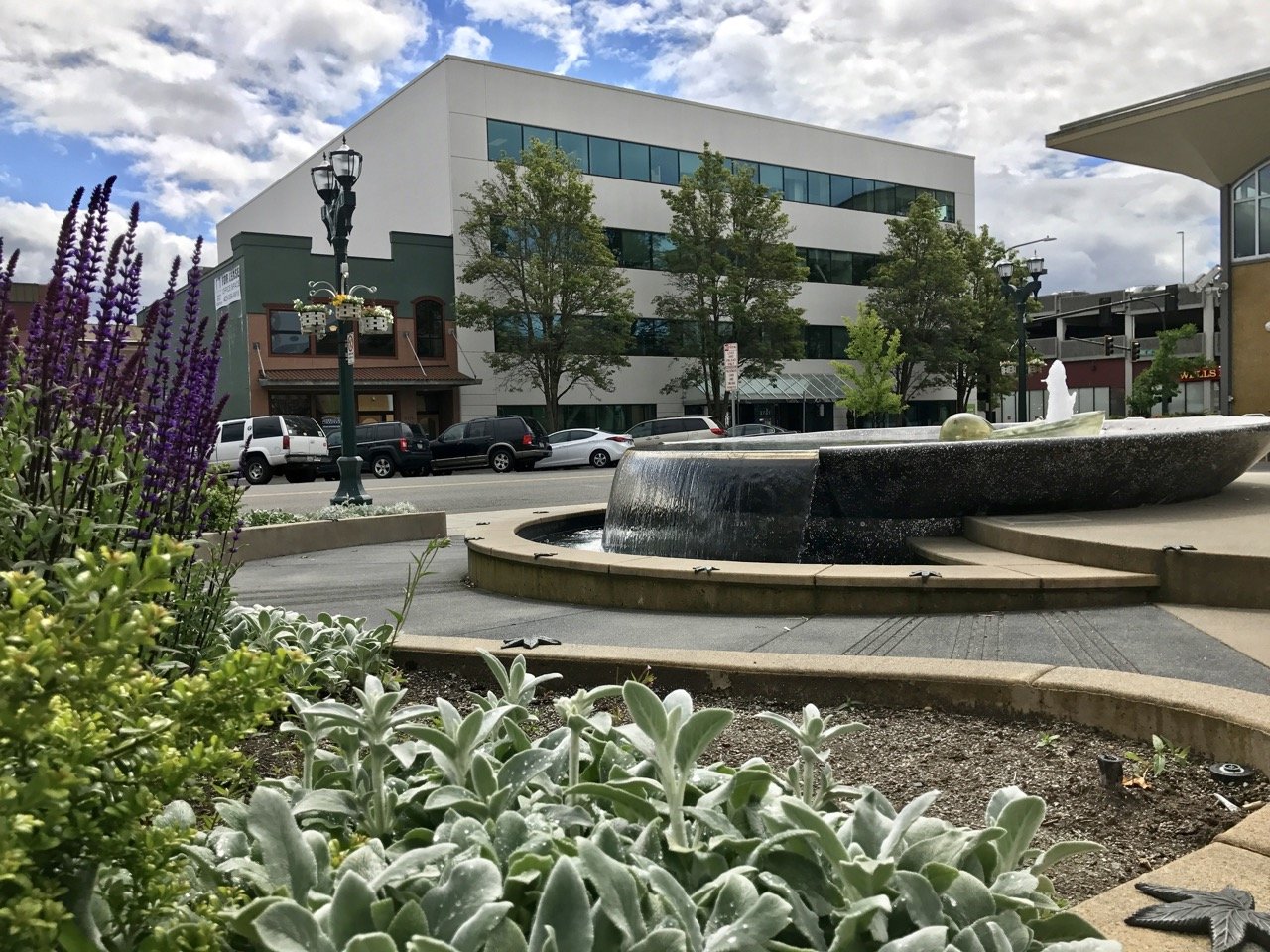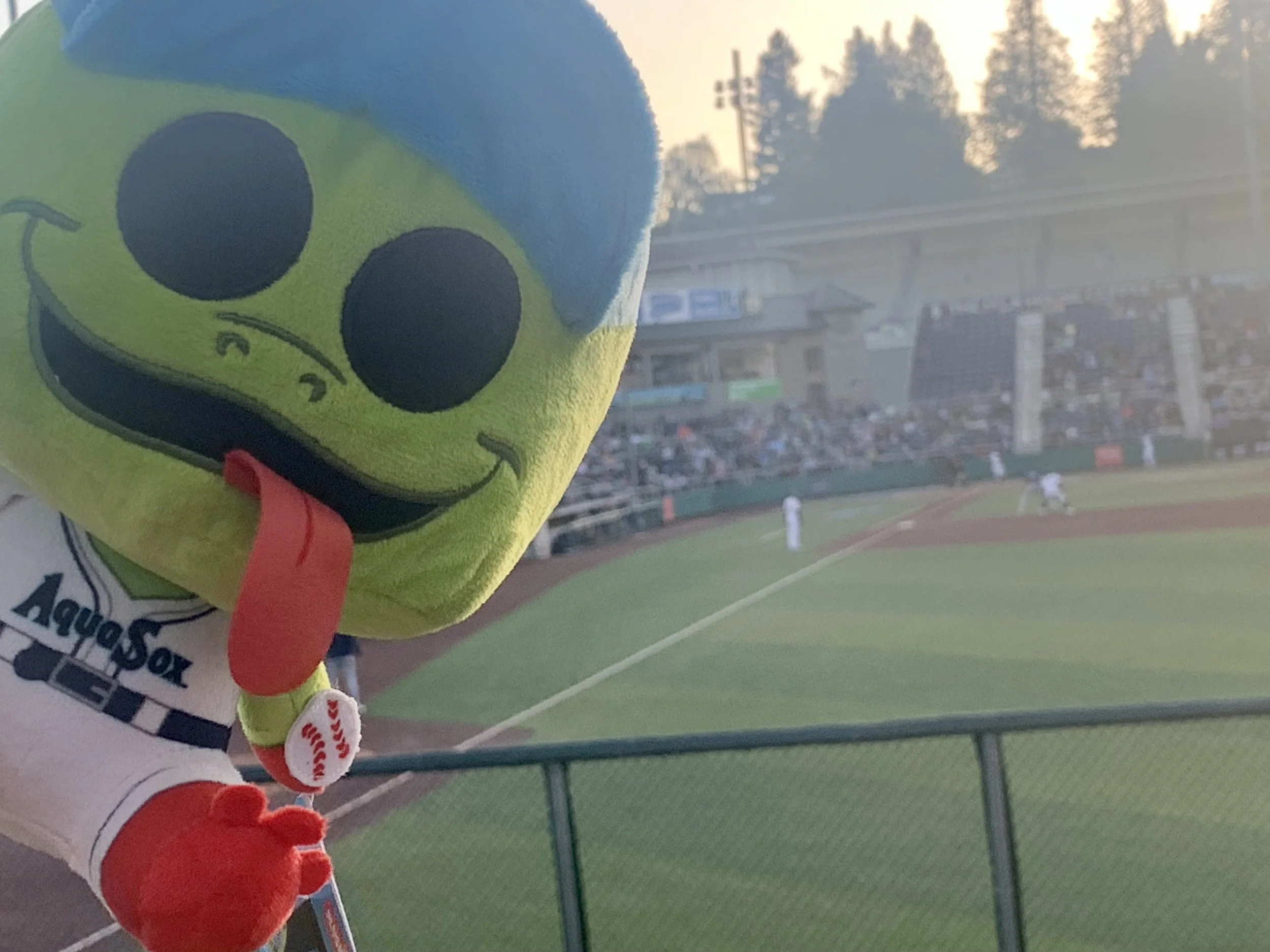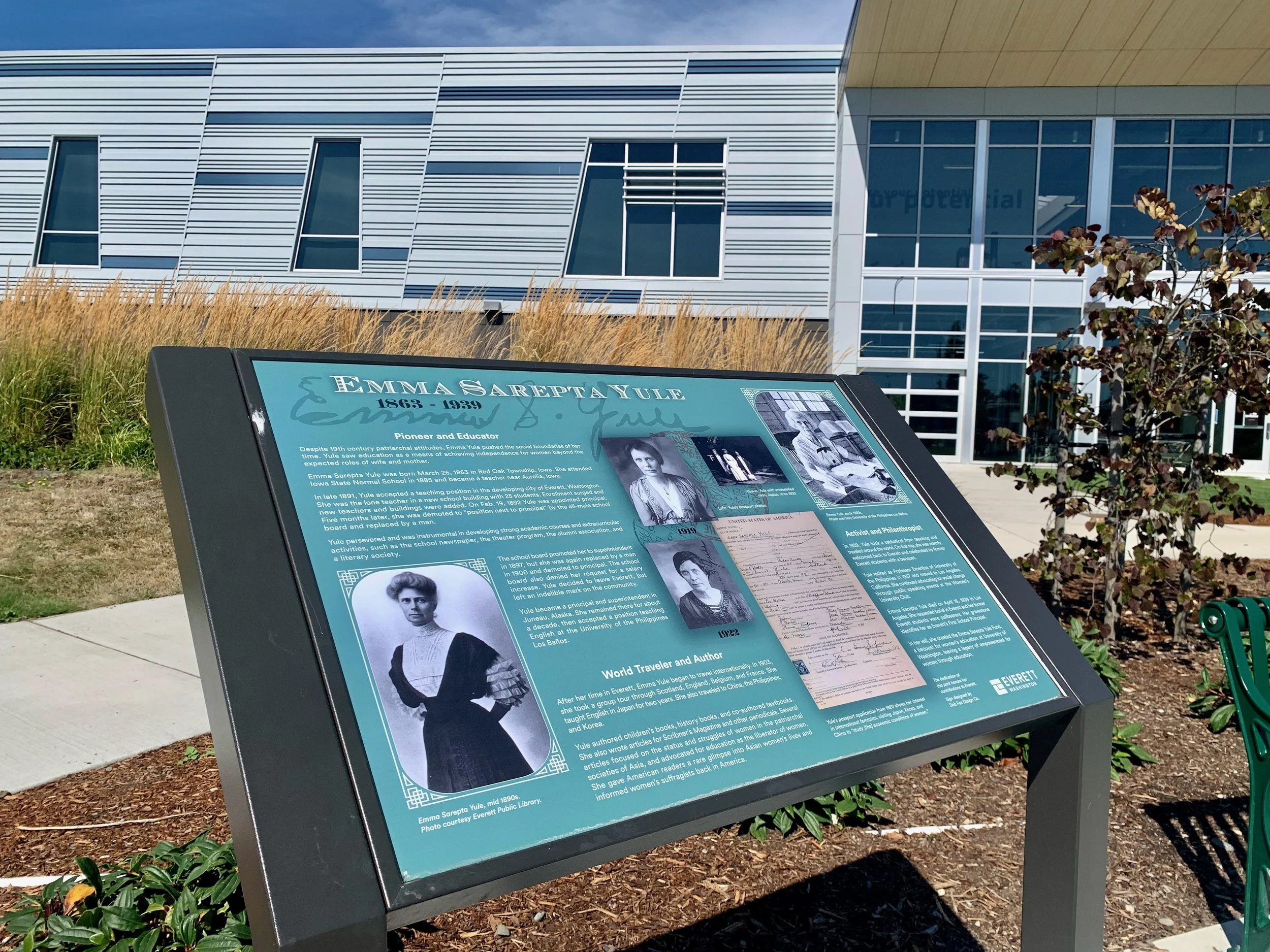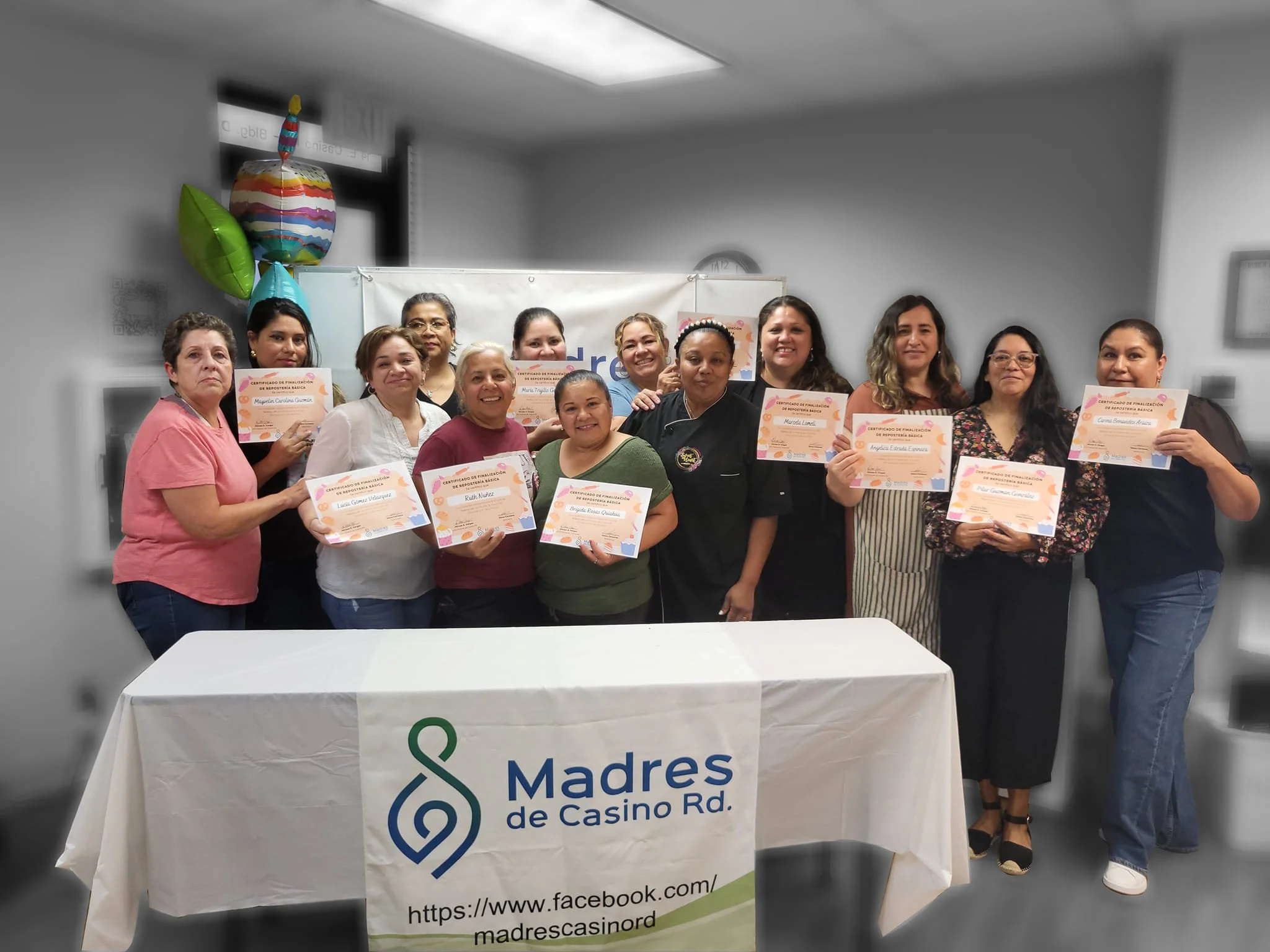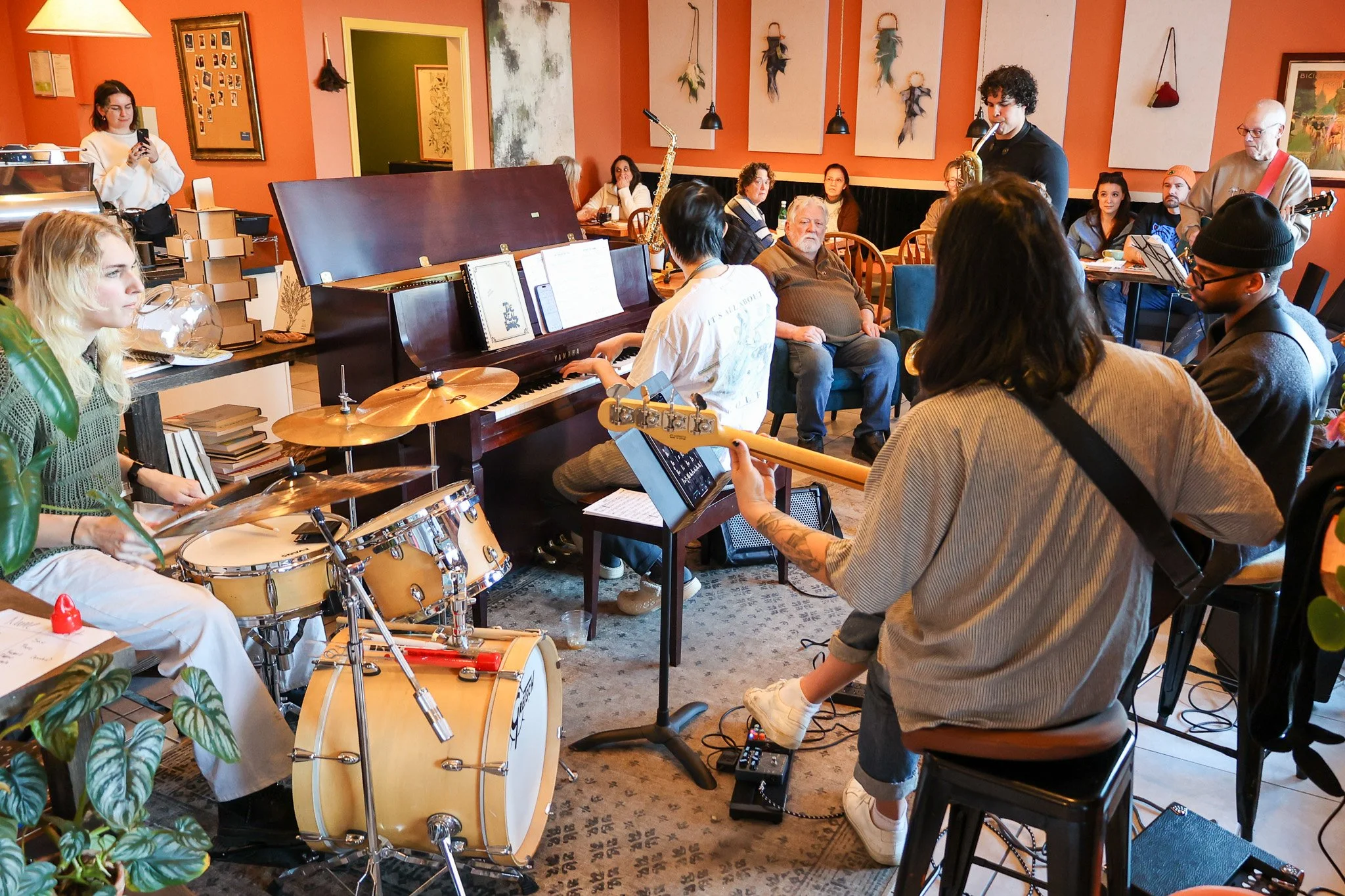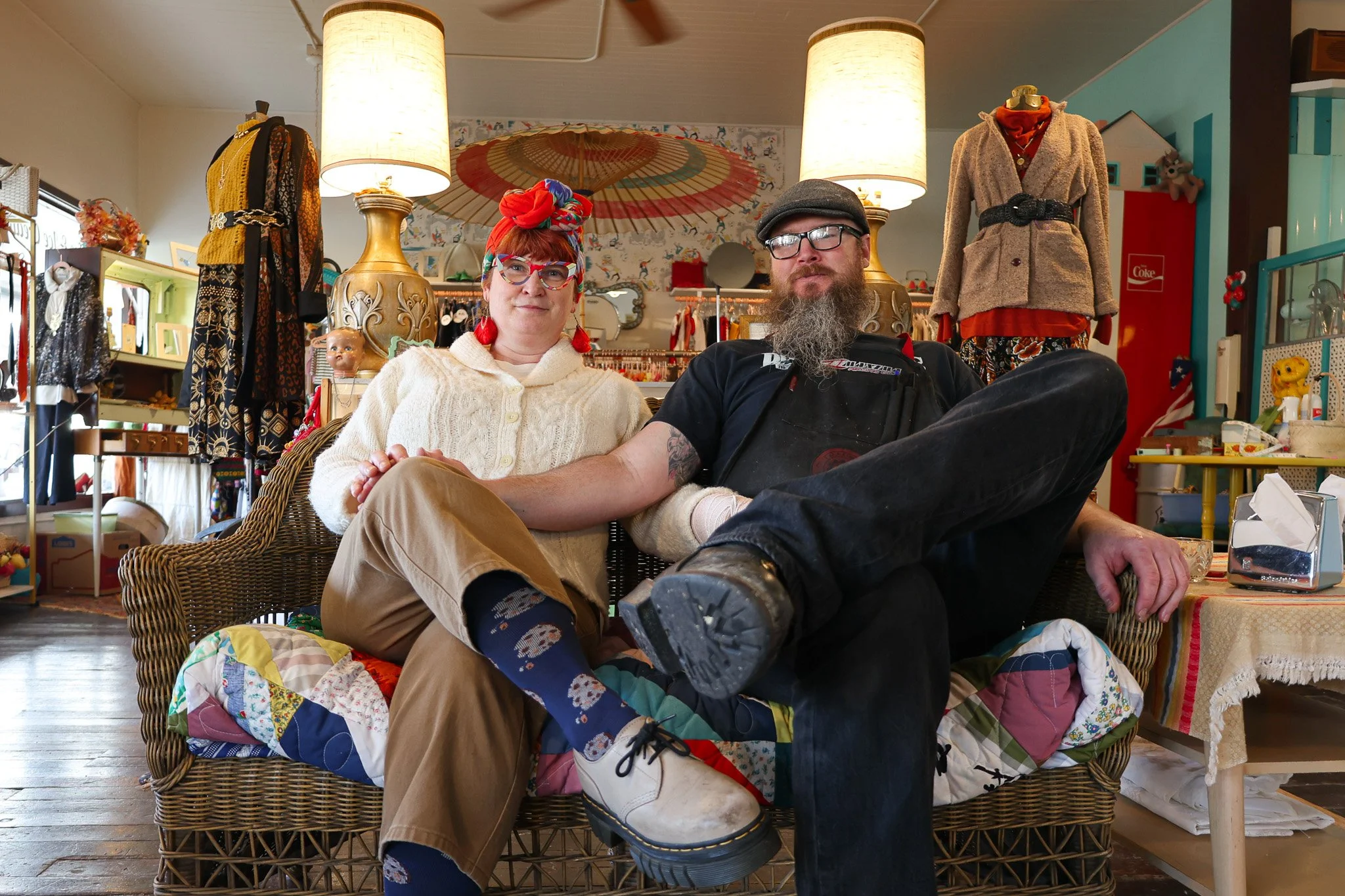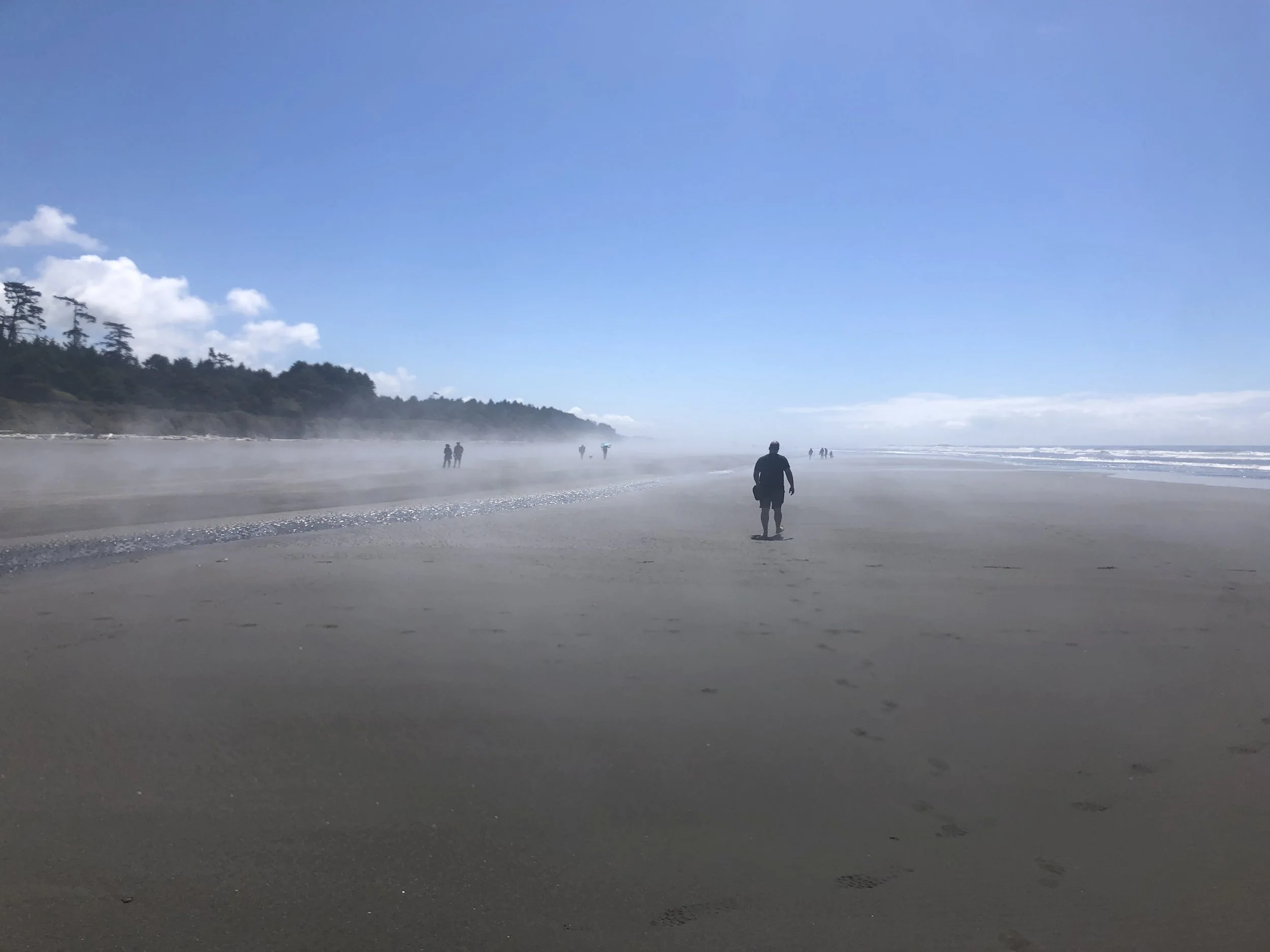Climbing the Tree of Mental Health
For 24/7 mental health support call 1-800-584-3578 or visit www.imhurting.org.
Everyone has mental health because it is a spectrum. Sometimes, we’re on the “well” side of the spectrum and other times we’re on the “unwell” side of the spectrum, where we experience negative impacts from symptoms that affect our ability to fully live our lives.

Moving into the “unwell” part of the mental health spectrum isn’t rare - 1 in 5 adults experience negative mental health symptoms. Additionally, during these pandemic times where we are all more isolated and missing out on social interaction (especially as we move into the holiday season), it makes sense that more of us are just feeling “off” or “down” compared to our normal. Despite all of this, it can still feel uncomfortable discussing mental health or reaching out for professional support when needed.
Sometimes it’s helpful to think of accessing this help like climbing a tree. Ideally, we want to be able to climb to the top so we can have a clear vision of where we’ve come from and where we want to go. However, getting to the top - picking the right branches, balancing, avoiding getting whacked in the face by twigs and leaves - that can take some work.
Luckily, unlike climbing a literal tree, when climbing up this “tree” of mental health care you’re not alone and have a number of potential supports to help you get to the top (without getting hit in the face by too many twigs).

So, to help break it down a little bit, let’s talk about what options there are when it comes to accessing professional mental health supports.
Urgent Help
If you are experiencing acute, severe symptoms, it might be helpful to engage in crisis interventions and/or what’s called in-patient care.
Providence Health has urgent care, inpatient, and outpatient services.
Fairfax Hospital has in-patient psychiatric and detox care.
Volunteers of America of Western Washington (VOAWW) provides crisis services along with non-crisis referrals.
Compass Health offers crisis services and a variety of inpatient and outpatient services.
Outpatient Support
Let’s say you don’t think you need anything like the above, but are still looking for support for your mental health symptoms. Outpatient support could be helpful.
Both Kaiser Permanente and The Everett Clinic offer behavioral health appointments to talk with mental health professionals.
Compass Health supports adults through intensive outpatient programs (known as IOP).
Catholic Community Services of Snohomish County has its WISe program offering wraparound supports for Medicaid eligible youth and their families.
THS focuses on holistic approaches and offers various types of outpatient care options.
Homage specializes in providing mental health care for seniors.
Help for Mental Health + Substance Use Disorder
You may be experiencing symptoms from both mental health and a substance use disorder. If so, many organizations offer individual and dual-diagnosis support according to your needs.
Sunrise Services offers both behavioral health and chemical dependency professional care.
Pioneer Human Services has a variety of outpatient and detox services all over our state.
SeaMar provides separate and combined mental health and chemical dependency care.
Everett Treatment Services focus on recovery programs and addiction counseling.
Evergreen Recovery has general chemical dependency supports and programs for women living with addictions to help them and their families recover.
The Snohomish Regional Drug Task Force also has chemical dependency treatment resources listed on their site.
Don’t Know Where to Start
It’s possible that you’re not sure what support would be best for you, but you know you want help. Resources are available for that too!
Everett Community College students have resources available through student services.
Snohomish County has a number of resources that can help you connect with direct supports, coalitions, and even find resources for your own self-care.
The WA state Health Care Authority has resources for crisis services, mental health, population-specific needs, and information on how to access Medicaid services.
Snohomish County Medical Society lists a number of resources for crisis supports, inpatient and outpatient supports.
NAMI of Snohomish County has a number of available resources, classes, and programs.
All the “branches” listed above aren’t the only options that are available. It’s normal to experiment a bit to find what works best for you, just as it’s normal for your needs to change over time.
No matter what your needs are - now or in the future - there are a number of options in our local community that are here for you. Wherever you are on the mental health spectrum, as well as wherever you want to be, this is your journey, your “tree” to climb.
The most important thing to remember is that you are never alone.
Find articles about self-care and wellness on The Everett Clinic’s Mental Health blog.

Angela Di Filippo currently works in State Social Services and recently earned her Masters in Industrial/Organizational Psychology with extensive training in evidence-based leadership coaching. Angela moved from North Carolina to Washington 6 years ago and has proudly called Everett her home for 5 of those years. When not helping others solve problems in creative and strength-driven ways, Angela enjoys her time painting, hiking with her terrier-mix, Indy, and eating waffles.




